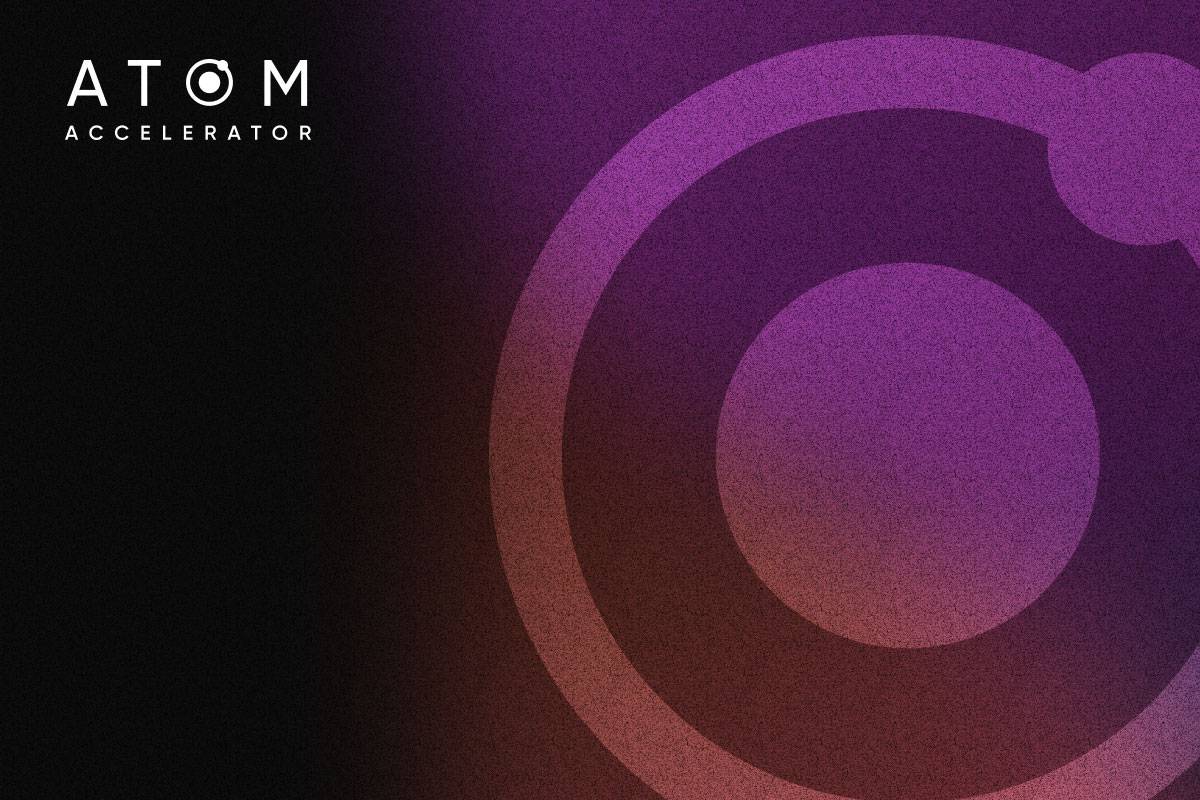Unfortunately many Cosmos chains are still mostly producing empty blocks while printing anywhere between 5-10% inflation a year to pay for security. Launching a Cosmos-SDK based chain is operationally expensive due to the staking rewards needing to come from inflation until a sustainable revenue stream is found, which hurts early stage token economies. Additionally, obtaining & maintaining an active validator set is a burden and has negative impact on the upgradability and liveness of a chain.
Permissionless Interchain Security (“”partial set””) doesn’t fully alleviate this concern as validators still need to be sourced (even though Informal assists there), upgrades still need to be coordinated, and more importantly, sufficient rewards still need to be paid out to incentivize validators to join the network so that: more security = higher reward payout. However, ICS is still required and meaningful as some chains do need customizations on the consensus layer, which isn’t generally possible in rollups.
What’s missing is what sits between launching a smart contract (with the limitations it incurs) and a full blown L1 (with the cost & complexity it incurs).
A Cosmos Hub based rollup framework can be the solution to fit this need. It can lower the barrier of adopting the Cosmos SDK by offering cheap and affordable consensus. In the long term, rollup developers should only have to launch a rollup node (or do so through a 3rd party) without sacrificing on the security of the network or the rich feature set that the SDK & IBC bring.
Cosmos Halo (working title) is a consumer chain that does two things: sequencing & settlement/bridging. It is powered by ATOM & completely owned by ATOM holders.
This long term project will enable Cosmos rollups to settle on Halo, and use IBC to connect to any chain in Web3. The decentralized shared sequencer takes transactions from any rollup and turns them into blocks and send the transaction data to Celestia for DA. Rollup nodes listen to Halo & Celestia to know which blocks to use to execute state changes.
While we are aiming to use ZK Proofs to validate rollups, we will be using attestations until Cosmos based ZK technology becomes available and economically viable.








